What are our goals?
In worldlab workshops at vocational and general education schools, young refugees and non-refugees establish shared values, work on projects together, and get to know each other better. The project objective is to strengthen the students’ intercultural competence. Learning about the different home countries and interacting directly with young people from other countries can help German students to question and, in a best-case scenario, overcome prejudices. To achieve this goal requires not only a mutual exchange; students must also be enabled to develop an open, respectful, and self-aware mindset.
How does the project work?
Preparatory classes at vocational and general education schools prepare students for the requirements of working life. However, there is usually no systematic exchange with students in regular classes. Focused on personal encounters and project work, the worldlab workshops give young people in preparatory and regular classes an opportunity to get to know each other. In a joint process, they discuss their own and shared values they regard as guiding their actions. In a second project stage, participants work in mixed pairs on a work-related project, which they plan for several weeks and then implement. At the end of each school year, the best projects are selected and awarded a prize.
Who are the target groups?
The project’s target groups are migrants of up to 20 years of age with limited German language skills and students in regular classes at vocational and general education schools.
Where is the project run?
The pilot project was run at ten schools in Baden-Württemberg during the school years 2016/17 and 2017/18. It is now planned to expand the project to other schools in Baden-Württemberg.
Who organizes and supports the project?
Worldlab is a cooperation project of Stiftung Weltethos and the Department of Education, Youth and Sports of the federal state of Baden-Württemberg. It is supported by the Robert Bosch Stiftung and Engagement Global.
